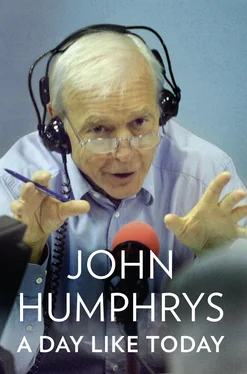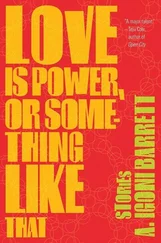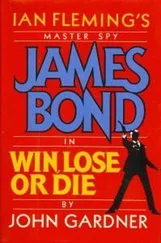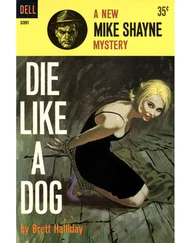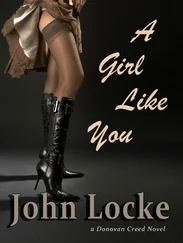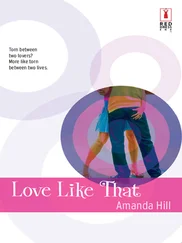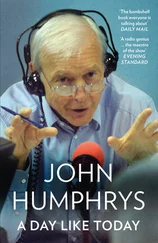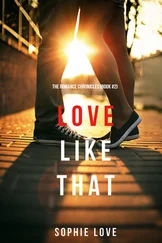That, of course, was rubbish. Nelson Mandela might have been safely locked away on Robben Island, but the liberation movement he led was growing in strength. There could be only one possible outcome but it was to be several more years before Botha’s successor, F. W. de Klerk, released Mandela from jail and brought an end to one of the great criminal political systems of the twentieth century.
The first rays of sunlight were breaking through the smoke haze of 100,000 coal fires rising into the cloudless sky above the biggest black township on the African continent. This was Soweto on a chilly April dawn in 1994. The following morning 20 million black South Africans would be free to vote in democratic elections for the first time in their lives. But the government had opened some polling stations a day early for the very old and disabled who might want to avoid the crowds the next day. I had driven out to Soweto hoping enough people would have taken the opportunity of that early vote to give Today a decent lead story. They had.
From every polling station great queues snaked into the distance: old grannies leaning on their sticks; old men in wheelchairs; young, heavily pregnant women. For an election that had not even formally begun this was already a turnout to gladden the heart.
I wanted to do a live broadcast into Today at 8.10 British time from a polling station. I chose an old woman to interview who looked as though she might deliver a lively couple of minutes and asked her: ‘What will this vote mean for you?’ Her answer was disappointingly low-key: ‘I am very old. My life is coming to its end. For me, it means little,’ she said. This was not what I expected or wanted. I waited and hoped there was more to come. There was. She patted the stomach of the young woman next to her. ‘But for the young man in this woman’s belly it will mean everything. He will have the dignity that has been denied to me all my life.’ In that one sentence she encapsulated the achievement of perhaps the greatest African of the last century. I asked the pregnant women what name she would give her new baby. I think I knew what the answer would be.
Nelson. What else?
A couple of days later I stood in the dangerously overcrowded ballroom of the largest hotel in Johannesburg, deafened by the roar that greeted the arrival of her hero at his victory party. Nelson Mandela. The first black president of South Africa.
Over the years that followed Mandela would become the most respected and revered statesman of his time, his name a byword for courage and honour, humanity and humility. In towns and cities around the world public buildings and streets would bear his name and the Nobel Peace Prize was merely one of a thousand honours to be bestowed on him. Mandela’s moral authority was unquestioned, his autobiography Long Walk to Freedom required reading for any who wanted to understand something of the triumph of the human spirit over adversity.
In these sceptical times when our leaders struggle to gain our respect it is tempting to suggest that no single figure can really be worthy of such adulation. Nelson Mandela, after all, was not unique. There have been other great liberation leaders. He was not a great naval hero like his namesake, or a brilliant scientist who changed the way we understand the world, or a Churchillian figure who led his nation to victory with the power of his oratory. He himself acknowledged that during his five years as president he failed to achieve one of the two great aims that he spoke of at his inauguration: to bring prosperity to black South Africans. The fact is that millions of them still live in the most appalling poverty.
But he did succeed in his other great aim: to reconcile a country divided by race for so long. To create a rainbow nation of people who would be, in his words, ‘assured of their inalienable right to human dignity’.
To understand Mandela’s achievement you have to go back to the old South Africa. When I first went to Johannesburg to set up a television news bureau for the BBC he had already been in jail on the notorious Robben Island for twelve years. The apartheid regime he had sworn to bring down was tightening its grip with increasingly draconian laws. The more isolated it became on the world stage, the more savagely its leaders reacted to protests at home. In 1976, high-school students in Soweto had staged a peaceful demonstration against apartheid and were met with murderous force. Hundreds were shot dead. I went back for the anniversary a year later and once again the police turned on the protesters with gas and guns.
Black people were not only treated as a subspecies of humanity, unfit to share the same schools or hospitals or post-office queues as white people, denied the vote and their basic rights as citizens. They were even denied the very citizenship of their own country. They were deemed to be citizens of bogus tribal ‘homelands’ created by the regime. Those who were allowed to live in the ‘white’ towns and cities could do so only in shacks in the gardens of the whites. Their sole purpose was to serve the needs of white people.
Mandela could have done what some other educated black people did: collaborate with the system or struggle to modify it. I remember a conversation I had soon after I arrived in South Africa with another very brave man, Archbishop Desmond Tutu. I asked him whether, given the apparent invulnerability of the regime, that might not be the wisest approach. ‘Young man,’ he said, ‘we do not want to modify apartheid. We want to destroy it.’
Which was exactly what Mandela had set out to do when he took control years earlier of the youth wing of the ANC. He instantly became a wanted man and proved so elusive he earned the nickname ‘The Black Pimpernel’. But he cut an unlikely figure as an underground leader: he didn’t even own a pistol. Eventually he was arrested and in 1964 was convicted of sabotage, treason and violent conspiracy in the infamous Rivonia trial. His speech from the dock reverberated around the world. And in South Africa it removed any doubts as to who was the leader of the struggle. His words send a tingle down the spine to this day: ‘I have cherished the idea of a democratic and free society in which all persons will live together in harmony and with equal opportunities. It is an idea which I hope to live for and to see realised. But, my Lord, if it needs be, it is an idea for which I am prepared to die.’
When he walked free from prison twenty-six years later Mandela’s moral authority was unquestioned. In prison he had behaved with brave and stubborn dignity – he showed defiant respect even for the men holding him captive – and that dignity and quiet modesty never left him, however many honours an admiring world bestowed on him. Everyone wanted a piece of him, to share in the Mandela magic, and he seemed almost to be surprised by it all. I remember when he came to Television Centre many years later. He was approached by a South African musician who was performing in the studio. Mandela went to shake his hand, but the man bent down on one knee and bowed his head. Mandela shook his own head in disapproval. When I interviewed him he made me feel as though I were the person who mattered. Even for a cynical old hack it was hard not to be overawed by the man.
And never once did he seem to glory in his victory over the old regime. The contrast with neighbouring leaders could not have been more complete. President Hastings Banda in Malawi went nowhere without a great gaggle of adoring, ululating women wearing T-shirts emblazoned with his picture. He had me locked up once for asking what he deemed an impertinent question. And unlike Robert Mugabe, Mandela’s former comrade-in-arms in the neighbouring Zimbabwe, Mandela did not use his new power to butcher those who had sought to destroy him. Instead he worked with them.
Читать дальше
